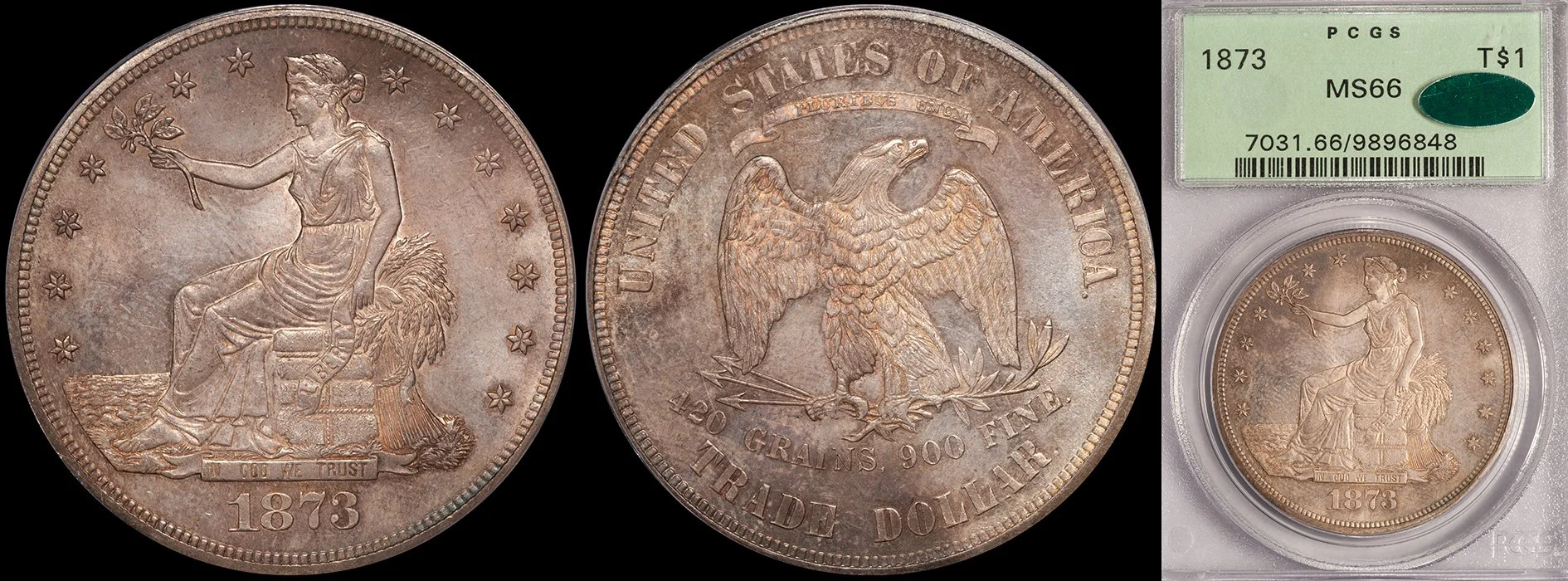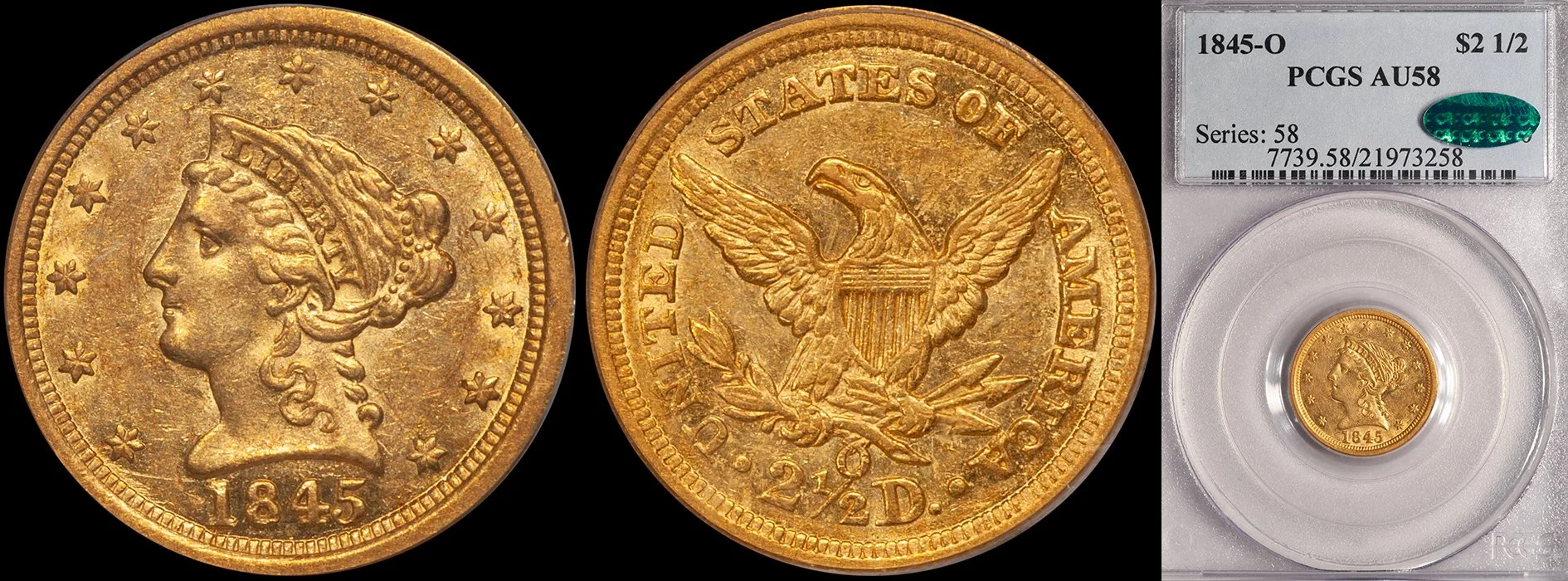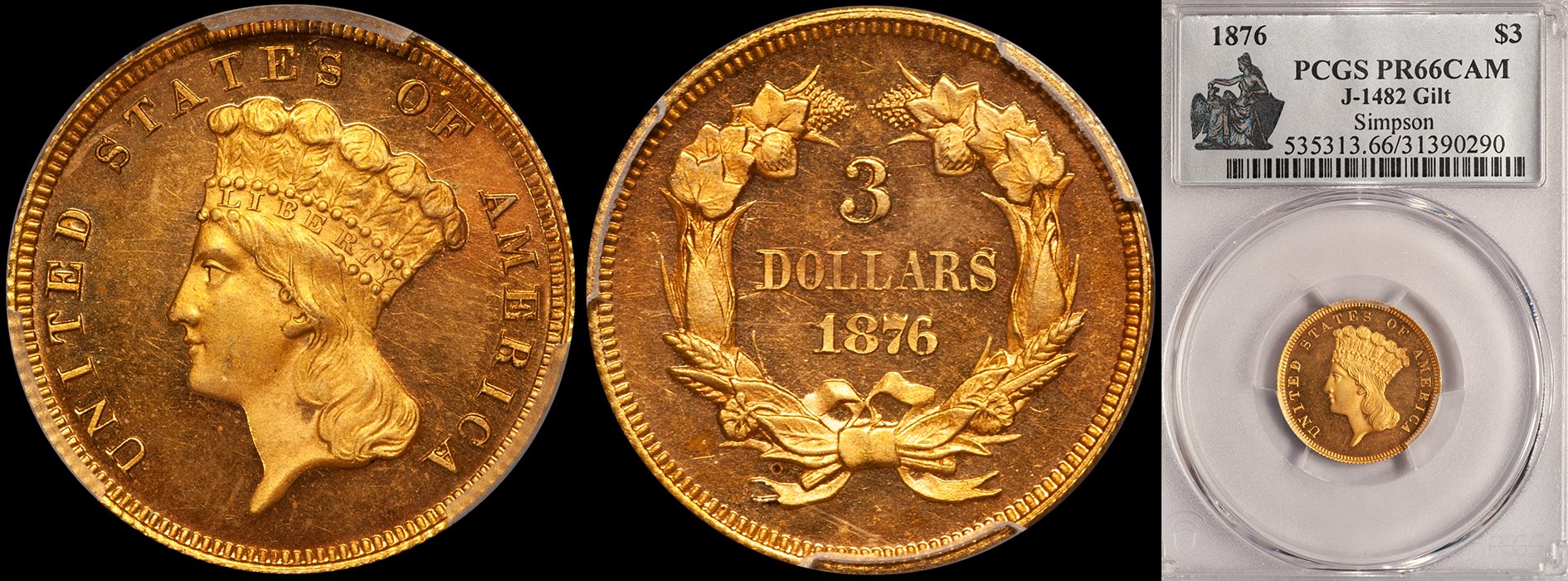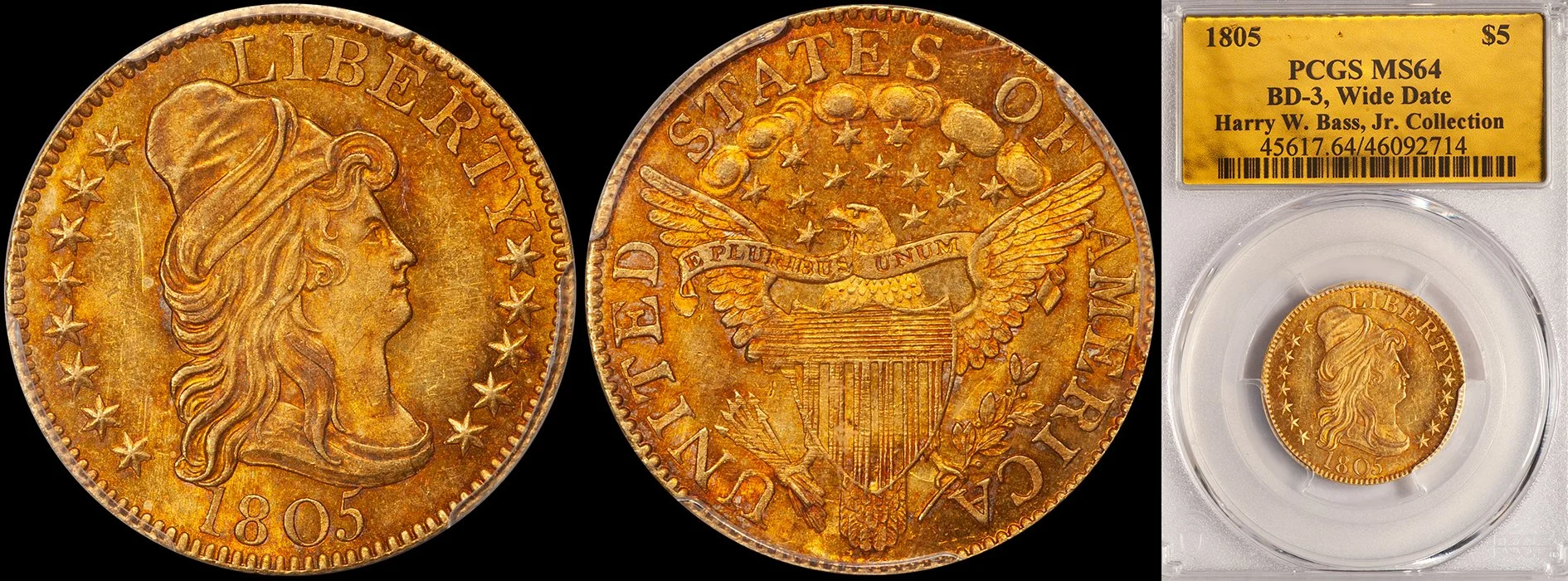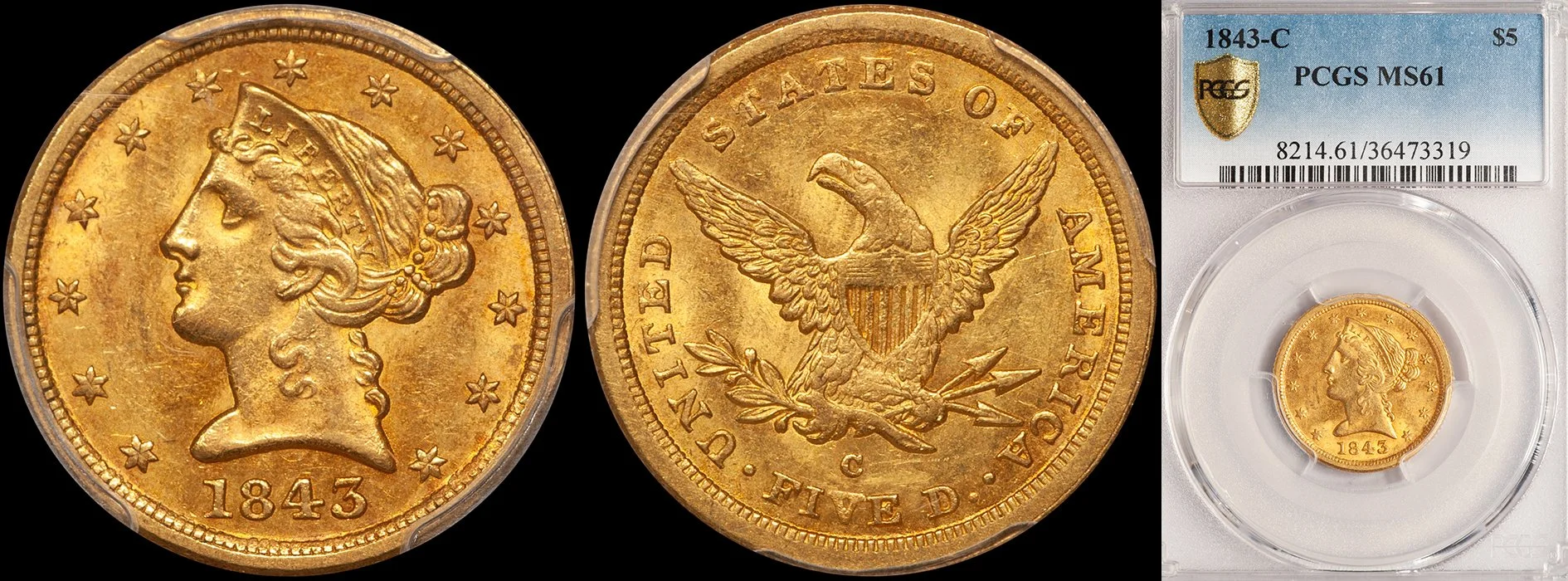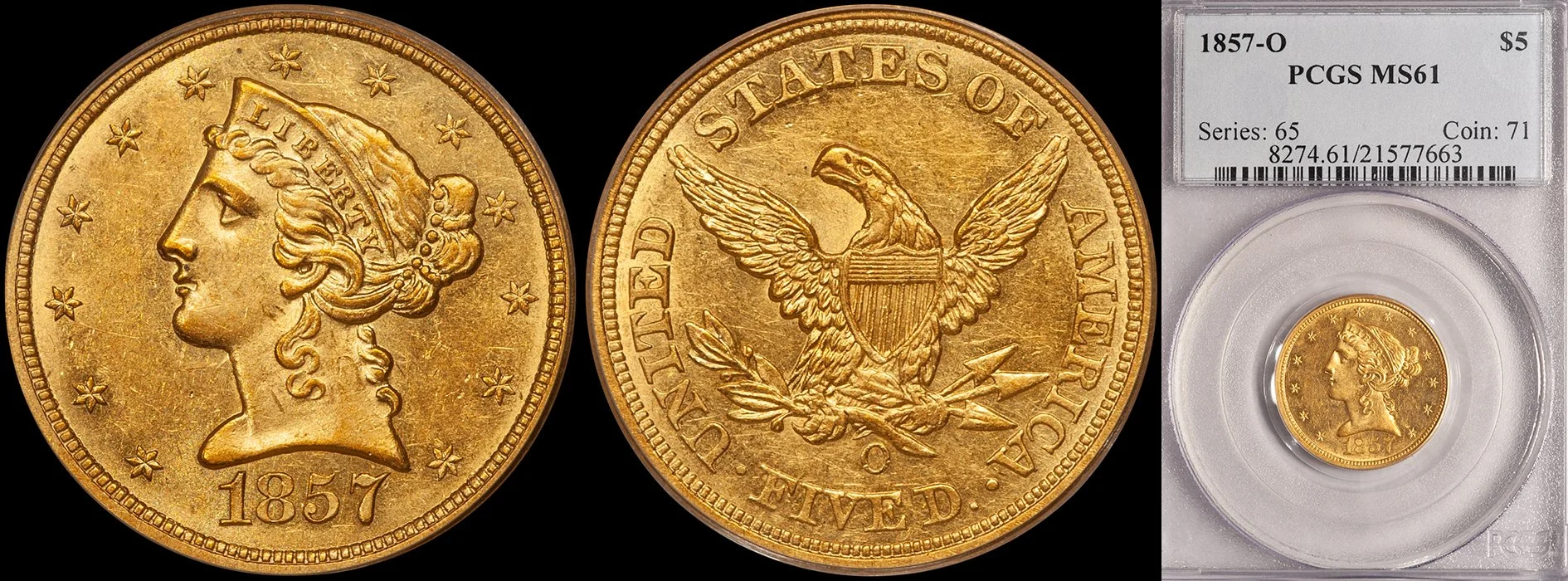Factors That Determine a Good Coin Show
/I hate to think how much time I’ve spent at coin shows. As an example, I’ve been going to Long Beach for 24 years now. Long Beach shows are held three times a year (that’s 72 Long Beach shows) and I’m there an average of three nights. Which adds up to a total of at least 216 days spent at Long Beach shows or, gulp, nearly three-quarters of a year. There are clearly good coins shows and bad coin shows. What are some of the factors that make a coin show good and why do some thrive while others languish or die?
1. Location: I live in the far upper left corner of the United States so every location is tough for me to get to. But I can endure endless plane flights to Orlando for the FUN show or to Baltimore (two or three times a year) because these are first-rate shows where I do a lot of business. A good coin show needs to be in a heavily populated area and in an area that is regarded as being “good” for coins. It is hard to explain why a wealthy, vibrant city like San Francisco is not a good coin town but it is pretty easy to venture a guess that St. Louis (a site of numerous conventions) is a really bad coin town. New York would seem to be a great location for coin shows but the price of putting on a good show in Manhattan makes it prohibitive for most promoters. I’ve often wondered why there aren’t more shows in Chicago—it’s in the center of the country and home to many collectors but for whatever reason there hasn’t been a major show in downtown Chicago for years.
2. Facilities: I don’t even want to attempt to figure out how many days of my life have been in spent in convention centers across the United States. After a while, the convention center in Pittsburgh seems to blend into the facility in Kansas City which appears to look like the building in Denver. But I will say that a nice, convenient location sure beats spending a few days in the basement of some ratty motel. I can remember coin shows back in the 1980’s that were held in underground garages and others that I half expected my lunch to be carried off by vermin. Unfortunately, a nice facility does not guarantee a good show. The Palm Beach show which died a fast death last year was held in a beautiful new facility in a great city. The bad news was that the closest hotel to this facility was a long walk and just try to get a flight from Portland, Oregon to Palm Beach, Florida…
3. Timing/Conflicts: One of the reasons why everyone loves the FUN show is that it’s held in a (usually) sunny climate in a month that’s traditionally gloomy and awful if you live in much of the non-tropical parts of the country. If the FUN show were held in Boston in January, I don’t think it would quite as popular. Another important factor to consider about a show is its conflicts with the traditional coin circuit. If I were starting a brand new show I would make certain it isn’t competing against a major convention and I would also be sure that it wasn’t being held a week or two after a major show. I suffered from a major case of “show burnout” in 2005 and 2006 and the conventions that I decided not to attend were the ones held too soon after major shows.
4. Public Attendance: This is less of a factor for me today than it might have been in the past. Many of my clients do not attend coin shows and prefer to do business with me via private treaty. And with just a few exceptions, I look at coin shows as opportunities for me to buy and sell coins with dealers. The exceptions to this are the major shows like FUN, ANA, Central States and Baltimore. I typically meet a number of collectors at these shows and I tend to stay longer, in an attempt to be “retail friendly.” The bottom line is that a show with good retail attendance has a much better buzz than a show that seems like a morgue and this translates to a better overall atmosphere.
5. Major Auctions: Every major show has a major auction which is held in conjunction with it. You can have a major auction without a coin show attached to it but you certainly can not have a major show with an auction to bring in collectors. One of the problems that new shows face is the difficulty in getting an auction company to commit to holding a major auction. At this point, the only big show that does not have an auction which I consider first-rate is Baltimore but even this seems to be changing as Bowers and Merena is attracting more interesting and better consignments. At other shows, like FUN or ANA, the problem tends to be too many auctions and not enough time to get these auctions done.
6. Grading Services In Attendance: If PCGS and NGC aren’t at a coin show, no fresh coins get made and the show is a waste of time. This may not necessarily be the case for a collector but for a dealer it goes without saying that “if the coins aren’t being made than the dealers aren’t getting paid.” I can’t think of a single coin show that I’ve attended in the past few years that was worthwhile when one or both of the major services weren’t in attendance.
7. Miscellaneous Factors: I can think of a few other factors that separate the wheat from the chaff as far as shows go. If the best hotel option is a Motel Six, then I’m probably not going to be anxious to get a table at a show. The same goes for the ability to fly into a town. If I’m traveling with coins and I have to change flights three times or fly a tiny commuter plane, I’m either going to come without coins or, better yet, not go at all. Safety is always a factor with me. I do not like going to shows in downtown Detroit or St. Louis because, in all honesty, I don’t feel safe. By the same token, I’ve always thought that suburban venues were sterile and boring and it’s sad when your best dining option after a hard day’s work is Applebee’s.
In summary, I think there are too many coin shows and I, for one, have decided that I will not be attending as many of them in 2007 as I did in 2005 or 2006. I’m not certain if other dealers will do the same (everyone complains about there being too many but everyone is too greedy to not go to every major show) but I predict that whenever the market gets soft, some of the shows that seem healthy now will either contract or fade away altogether.

